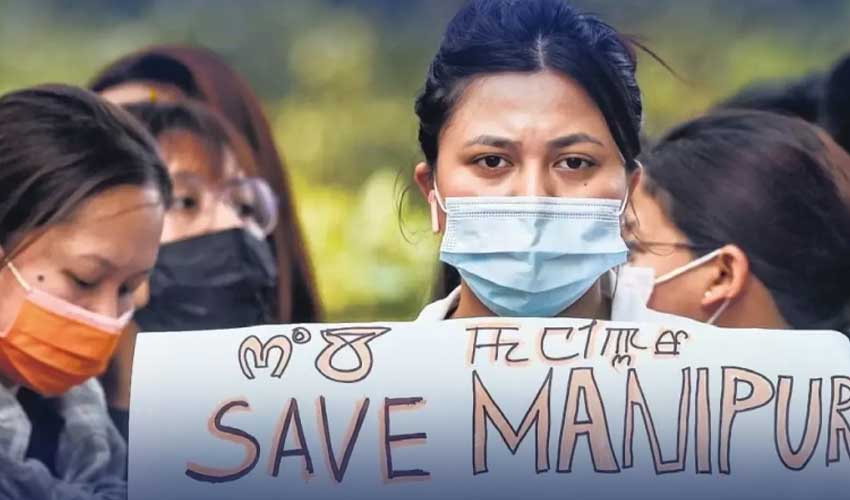China has announced a temporary visa exemption for citizens of France, Germany, Italy, the Netherlands, Spain, and Malaysia, aiming to revitalize post-pandemic tourism.
From December 1, 2023 to November 30, 2024, individuals from these countries can enter China for business, tourism, visiting relatives, or transiting for up to 15 days without a visa.
This move follows China's efforts to revive its tourism sector after years of strict COVID-19 measures and to improve its global image amidst tensions with Western nations.
China has been gradually restoring international flight routes and easing travel restrictions.
A recent survey indicated negative perceptions of China in many countries, with concerns about interference in other nations' affairs.
The decision to waive visas for these European and Malaysian citizens has been welcomed, with Germany's ambassador expressing hope for similar measures for all EU member states.
The German Chamber of Industry and Commerce sees it as a positive signal for tourism and economic exchanges, emphasizing benefits for maintaining German machinery, ensuring quality, and fostering interpersonal contacts.
French Foreign Minister Catherine Colonna praised the announcement during her visit to Beijing. China had previously expanded its visa-free transit policy to 54 countries, including Norway.
In August, it removed COVID test requirements for inbound travellers and reinstated 15-day visa-free entry for citizens of Singapore and Brunei in July.
While international flights are recovering more slowly than domestic services, China's aviation authority anticipates a significant increase in weekly flights from November through March, reaching 71% of pre-pandemic levels.
The European Chamber of Commerce in China views this visa exemption as a positive step to boost business confidence, highlighting the importance of facilitating people-to-people exchanges.
Overall, this move is seen as part of China's broader strategy to rejuvenate its tourism industry and enhance diplomatic relations in the post-pandemic era.



























